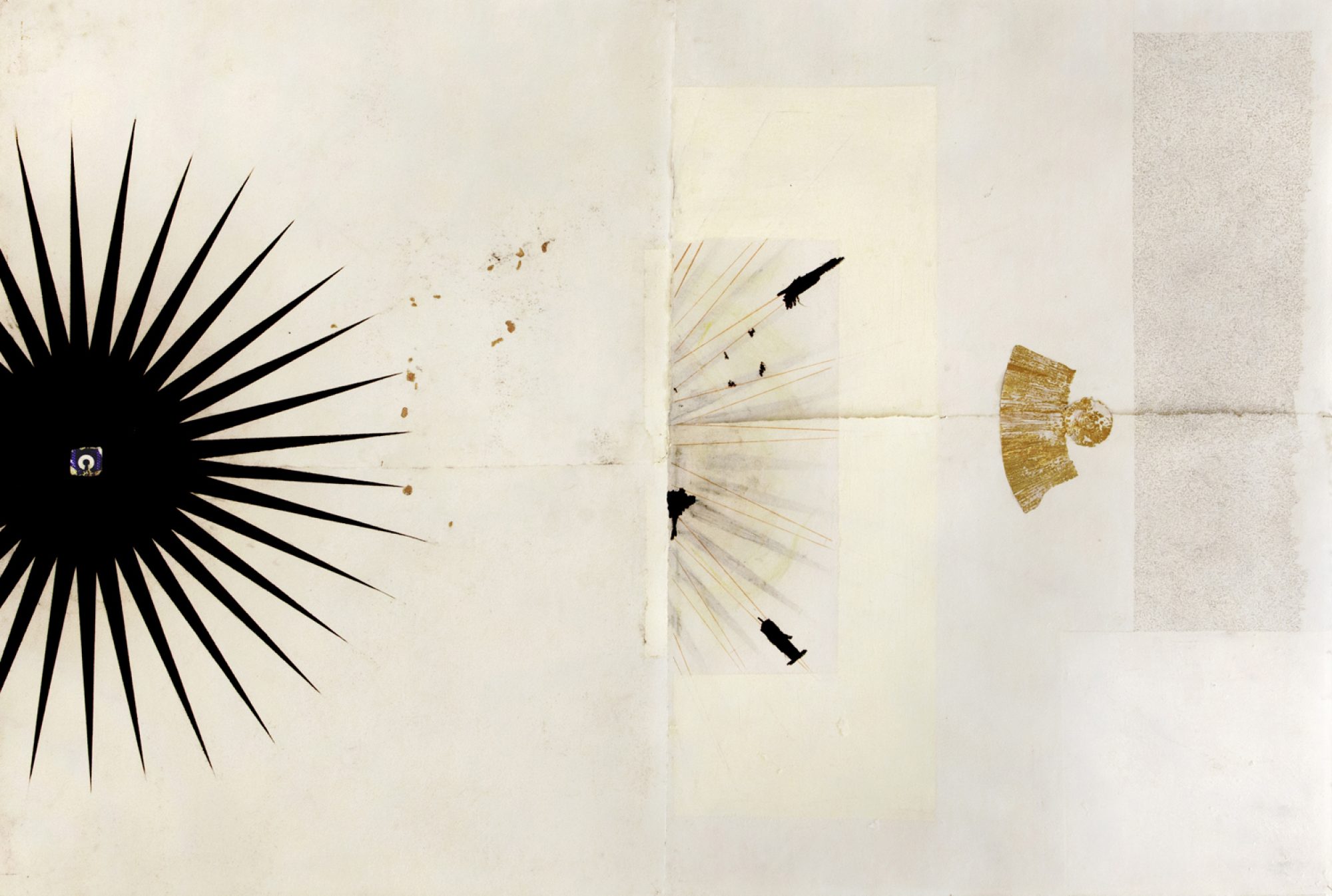Kara Thompson
Abstract: To approach something like hope–so potentially slippery and sentimental–I turn to love, perhaps an equally elusive horizon or abstraction. What might love mean in liberal democracies and forms of governmentality, which seek to organize phantasmatic forms of intimacy and relationality into legible taxonomies of identity? Why should we dare to generate a political concept of love? Perhaps love and hope feel impossible to theorize because they appear to be intuitive, ordinary matters of the gut. But as Kathleen Stewart argues, the effective forms which appear ordinary “are surging capacities.” Hope and love are among the energies we muster to encounter and reassemble the relations, scenes, contingencies, and emergencies of ordinary life. I propose we begin to think about property and land—forms and textures of everyday life—in terms of love, an effective decolonization. Settlement is the archetype of heteronormative love, the American romance narrative that prescribes cultivation, reproduction, privacy. That is, to settle down means to inhabit the tempos of heteroreproductivity: To marry, to buy property, to ‘have’ children. To express possession. To be possessed.
According to David Harvey, neoliberalism “has […] entailed much ‘creative destruction,’ not only of prior institutional frameworks and powers (even challenging traditional forms of state sovereignty) but also of divisions of labor, social relations, welfare provisions, technological mixes, ways of life and thought, reproductive activities, attachments to the land and habits of the heart” (2007, 3). How might white settlers change or reorient our attachments to the land and the habits of our hearts? I propose radical love—the kind of love not based on conditions of ownership or feelings of guilt, but a love that is willing to let go.
How do you define radical hope? To possess radical hope, even for an instant or short interval, one must be willing to confront discomfort: what it means to strike against normative relations to humans and nonhumans; to be willing to love without possession, property, or inheritance; to grieve and register loss–of power, land, or even a love–as a modality of care, a potential for living otherwise.
How do you see radical hope emerging or playing out in your case study? I approach decolonization as a rather queer relation—unsettling and disruptive. It entails a break with inheritance and the comfort of normative relations. I believe there are queerer possibilities, which shatter the inevitability of inheritance, the comfort of normativity, the imprints of property and possession.
Readings/Resources
- Ahmed, Sara. The Cultural Politics of Emotion. Routledge, 2004.
- Berlant, Lauren. Desire/love. Punctum Books, 2012.
- Butler, Judith. “Response: Performative Reflections on Love and Commitment.” WSQ: Women’s Studies Quarterly 39, no. 1 (2011): 236–39.
- Eng, David L. “Reparations and the Human.” Columbia Journal of Gender & Law. 21 (2011): 159.
- Harvey, David. A Brief History of Neoliberalism. Oxford University Press, 2007.
- Muñoz, José Esteban. Cruising Utopia: The Then and There of Queer Futurity. New York: NYU Press, 2009.
- Povinelli, Elizabeth A. Economies of Abandonment: Social Belonging and Endurance in Late Liberalism. Durham: Duke University Press, 2011.
- Povinelli, Elizabeth A. The Empire of Love: Toward a Theory of Intimacy, Genealogy, and Carnality. Durham: Duke University Press, 2006.
- Sedgwick, Eve Kosofsky. Touching Feeling: Affect, Pedagogy, Performativity (Series Q). Duke University Press Books, 2003.
- Wood, Brian Kuan. “Is it Love?”
